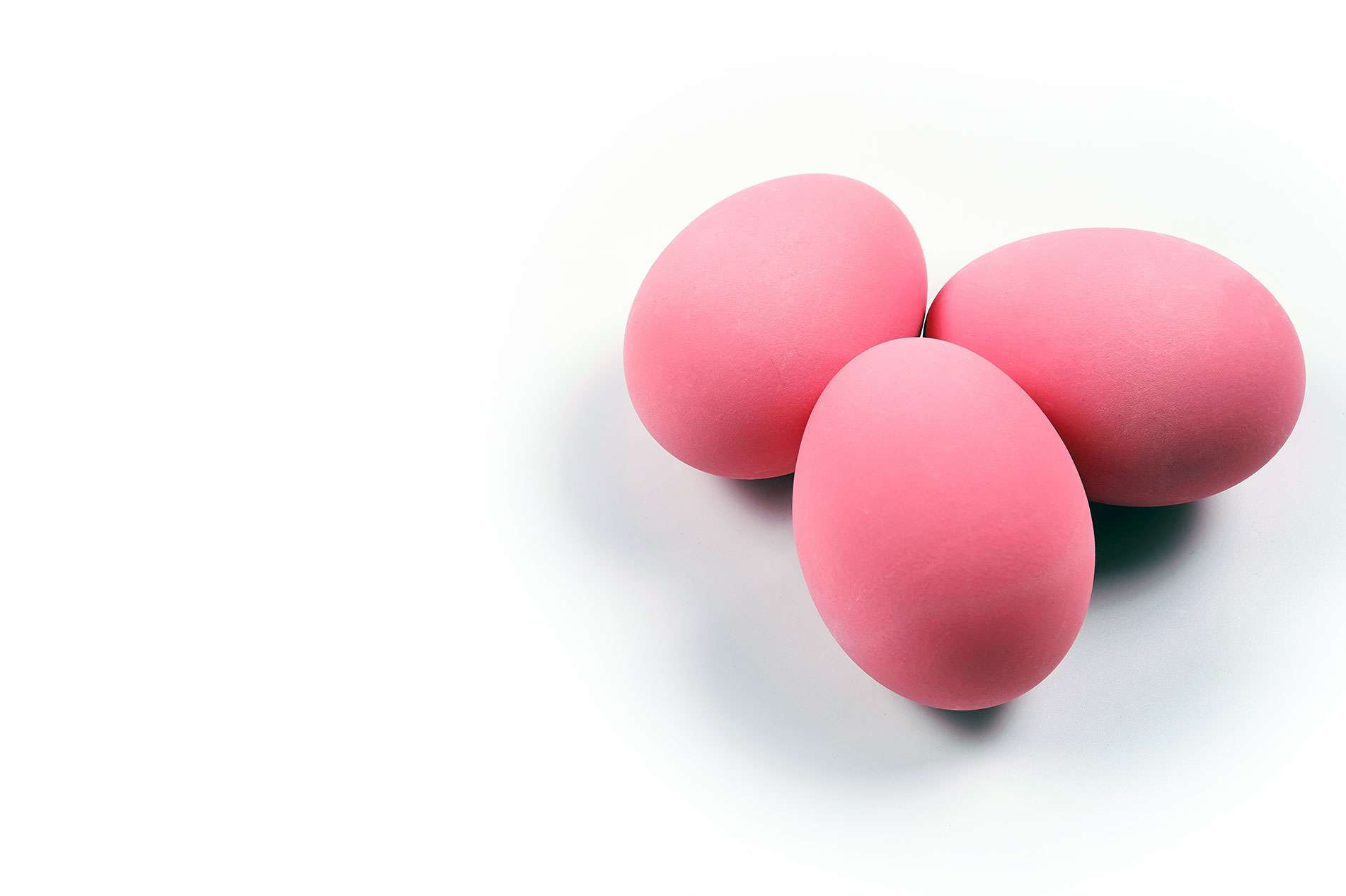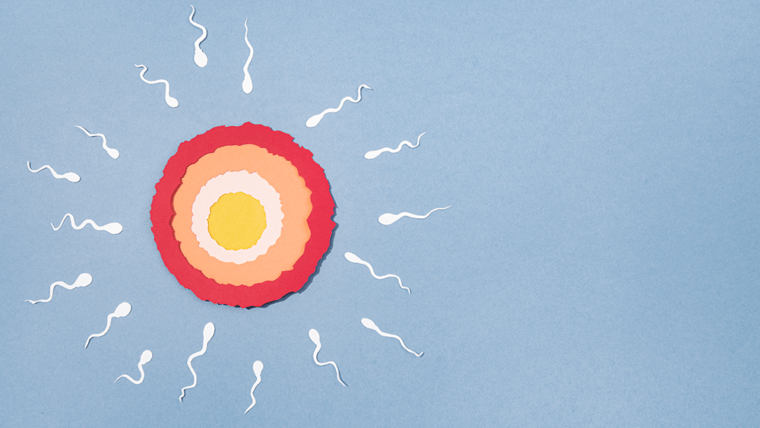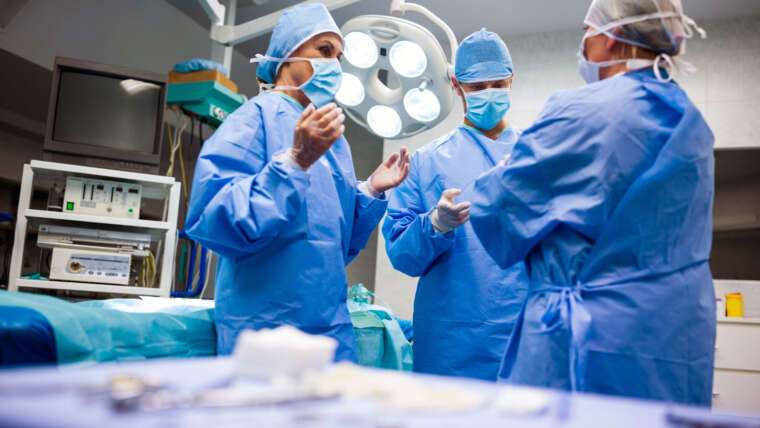Why should I freeze my eggs?
As women get older, they may encounter difficulty getting pregnant with a healthy baby. At birth, every woman has about 1-2 million eggs. Most of the eggs die off naturally (just like the way we lose skin and hair cells every day). By the time a girl reaches puberty, she is left with about half a million eggs. As she gets older, especially as women enter their mid- to late-30s and 40s, the eggs disappear more quickly. Not just the quantity, but also the quality of eggs also declines with age. Hence, the woman might be less able to conceive a healthy pregnancy.
Biologically, it is easier to get pregnant before age 30. However, due to professional, social, or health reasons, a woman might not be ready to get pregnant at that time and she might want to defer having a child until the time is right for her. Understanding the normal age effect on future fertility, these women may seek out treatments to remove and freeze eggs to be saved for potential use in the future.
There are also a few young women suffering from illnesses like cancers, who would be receiving treatment such as radiation or chemotherapy. These treatment modalities may permanently damage the eggs. In such cases, in consultation with the cancer specialist, the infertility specialist can be roped in to discuss egg freezing before planning the radiation or chemotherapy.
What does egg freezing involve?
The actual treatment process is similar to the first part of the in vitro fertilization (IVF) process used to treat some patients with infertility.
Briefly, a woman would have 10-12 days of daily injections to cause a group of her eggs to mature and develop. During this time, blood levels and ultrasounds will be done to track her response to the medicines. To remove the matured eggs, the woman would then undergo a brief (15-30 minute, typically) outpatient procedure usually under light anesthesia to harvest the eggs. Once removed and inspected by a trained scientist–an embryologist— the usable eggs can be frozen indefinitely. They can be later inseminated in the laboratory and converted into embryos that can be transferred into the woman’s womb to get pregnant.
Will my frozen eggs guarantee a future baby?
No. Even in younger women (i.e., <38-years-old), the chance that one frozen egg will yield a baby in the future is around 2-12%. As women get older and egg quality goes down, the pregnancy rate per frozen egg drops further.
Is there an age cut-off after which I shouldn’t freeze eggs?
Before starting a freezing cycle, a woman would need to speak with a fertility specialist (reproductive endocrinologist) who will evaluate her, study her complete history, and conduct certain screening tests (blood work and ultrasound) to determine if egg freezing is appropriate for her.
Every woman is different regarding the effects of age on her fertility, keep in mind; some women into their early 40s do not suffer infertility. However, most experts agree that elective egg freezing is most successful for woman younger than 38 years of age. In the current era, the incidence of premature ageing of the ovaries is on the rise; hence one is often faced with such women presenting at a younger age.
If I have eggs frozen, does this mean I can delay starting to have a family until I’m much older?
Understanding that cryopreserved eggs are not a guarantee of a future baby, a woman should start trying to conceive as soon as she feels “ready” and able. One concern is that a woman might have a sense of “false security” if she freezes eggs. She might delay her attempts to conceive until she is much older (whereas she might have started trying at an earlier age, with greater success, if she hadn’t frozen eggs in the first place). In addition to thinking about success rates of using frozen eggs, women should also understand the potential medical risks and psychosocial concerns of parenting at an advanced age.
Many of the studies showing successful pregnancies with frozen eggs have only looked at women freezing their eggs in their 20s or early 30s Another concern among fertility experts is that those pregnancy rates won’t be as high for women trying to freeze eggs in their late 30s or early 40s.
What costs are involved?
Costs can be divided into 3 broad phases:
- Consultation, medication, egg retrieval
- Storage of eggs until use (usually an annual fee)
- Transfer of the eggs to attempt pregnancy




